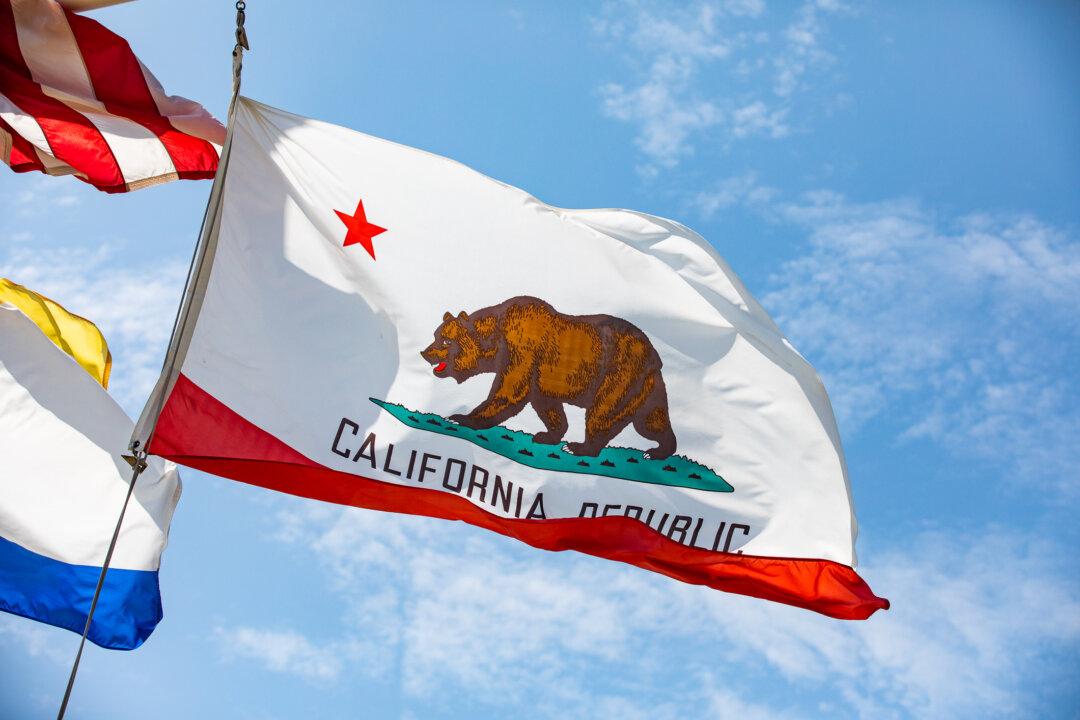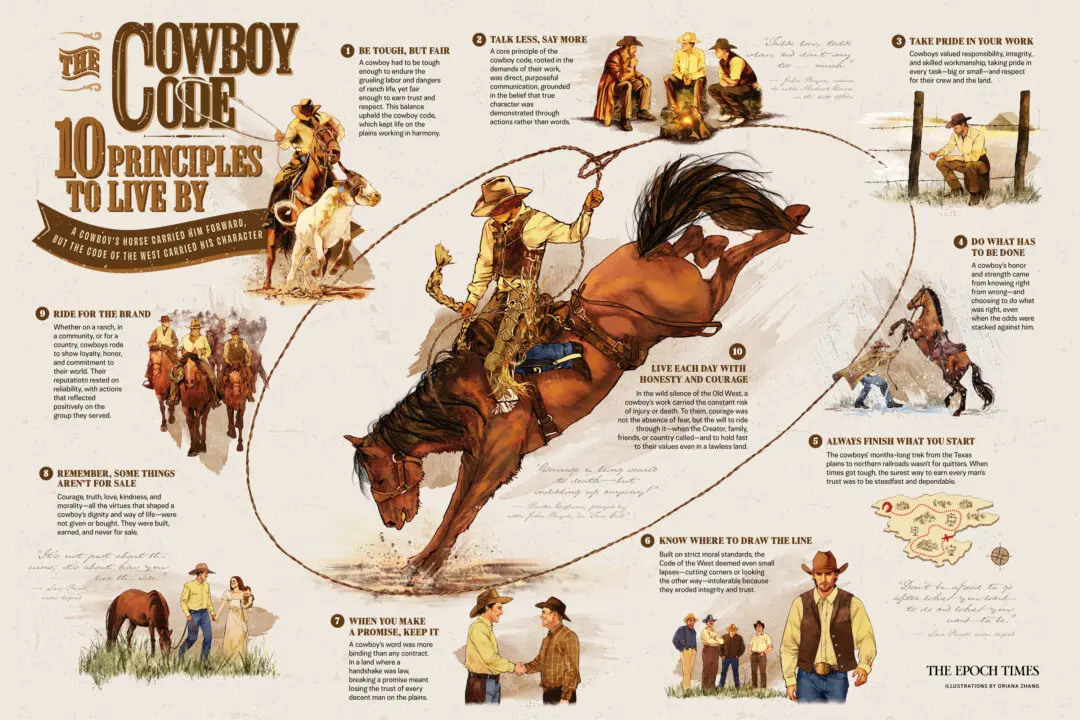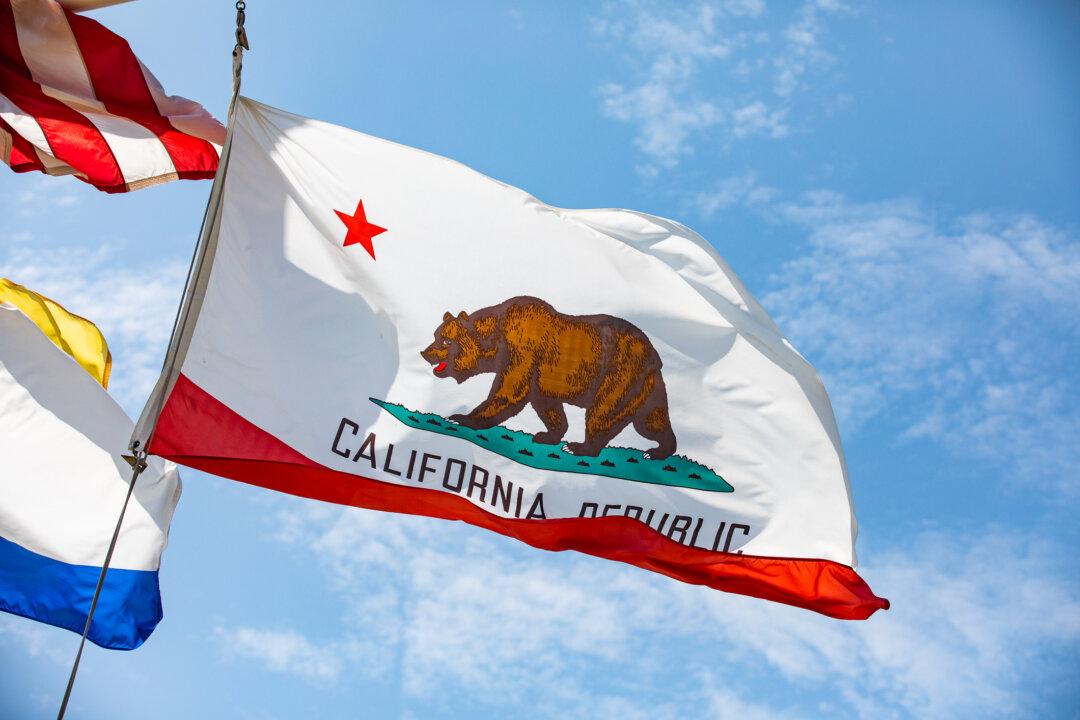Several new California laws will take effect on Jan. 1, addressing issues ranging from wages and education to housing and artificial intelligence.
These measures are part of a batch of bills signed by Gov. Gavin Newsom during his last legislative session, some of which took effect earlier in July.





